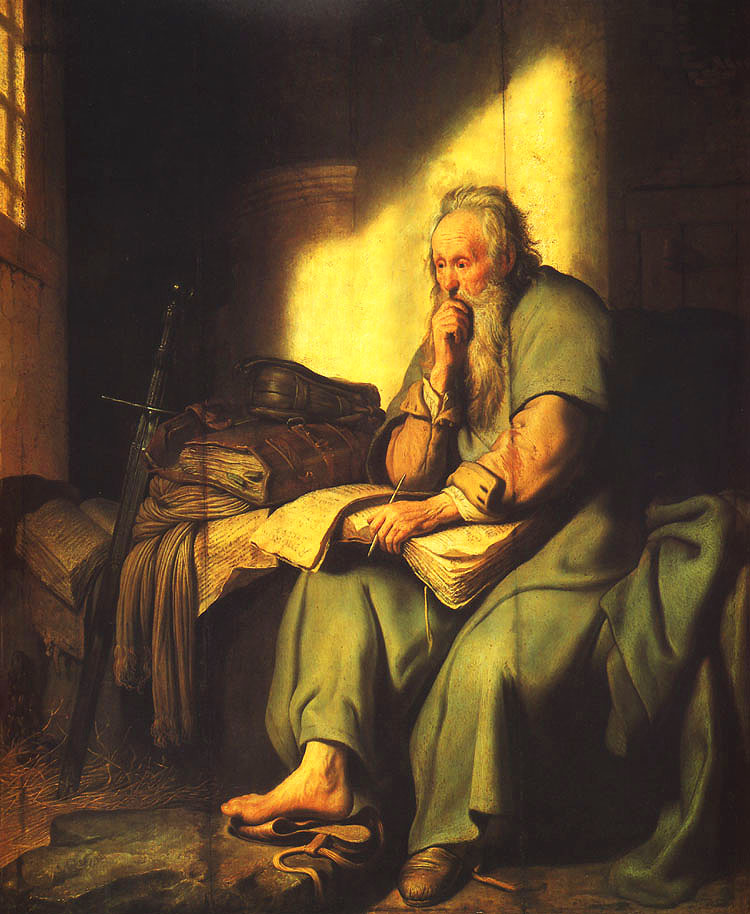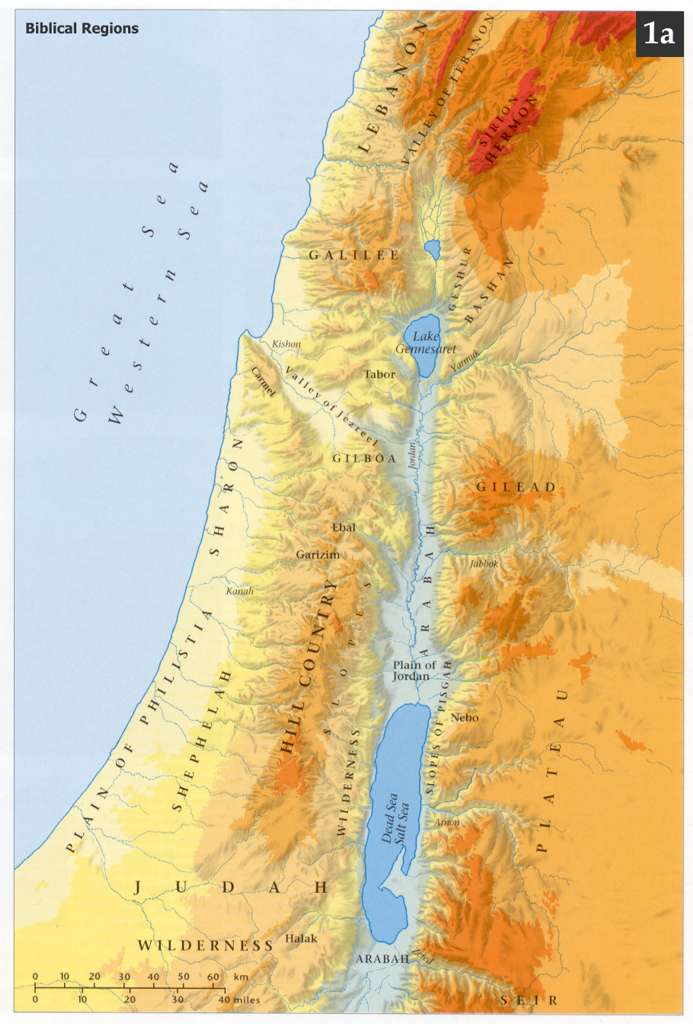Habbakuk 1:1-4, 2:1-4
For Sunday, October 7, 2007 (Year C, Proper 22)
The book of Habbakuk raises a question most of us ask at one time or another: “God, if you are out there, why do you tolerate so much violence and injustice?” God’s first answer doesn’t seem very helpful: “… Well, one thing I can tell you is that I’m sending some really bad people to punish the moderately bad people you are concerned about.” Habakkuk responds, “God, eh… this really seems out of character for you.” Then he turns to us and says, “Well let’s see what God does with that!”
What does it really mean ‘to live by one’s faith’? The literal sense in the Hebrew of this verse is: “the righteous by his faithfulness (or fidelity, firmness, steadiness) will live.” The emphasis is clearly on the idea of faithfulness. With the hindsight of gospel, the meaning might be well-rendered as “living in fidelity to the grace of Christ”. If you have responded to Christ’s offer of forgiveness of your sins, then your sins have been forgiven, and you are now living a life of grace. Given the profundity of this blessing, are you living in fidelity to it? Am I?
The Apostle Paul thought this verse important enough to make it a key quote in his own letters to the Romans (1:17) and the Galatians (3:11). The author of the letter to the Hebrews thought likewise (Heb. 10:38).
Here then is the ‘so what’: don’t let the violence and injustice which God as yet tolerates distract you from the real question: what are you living for? … For your own insatiable arrogance, or for something more?





